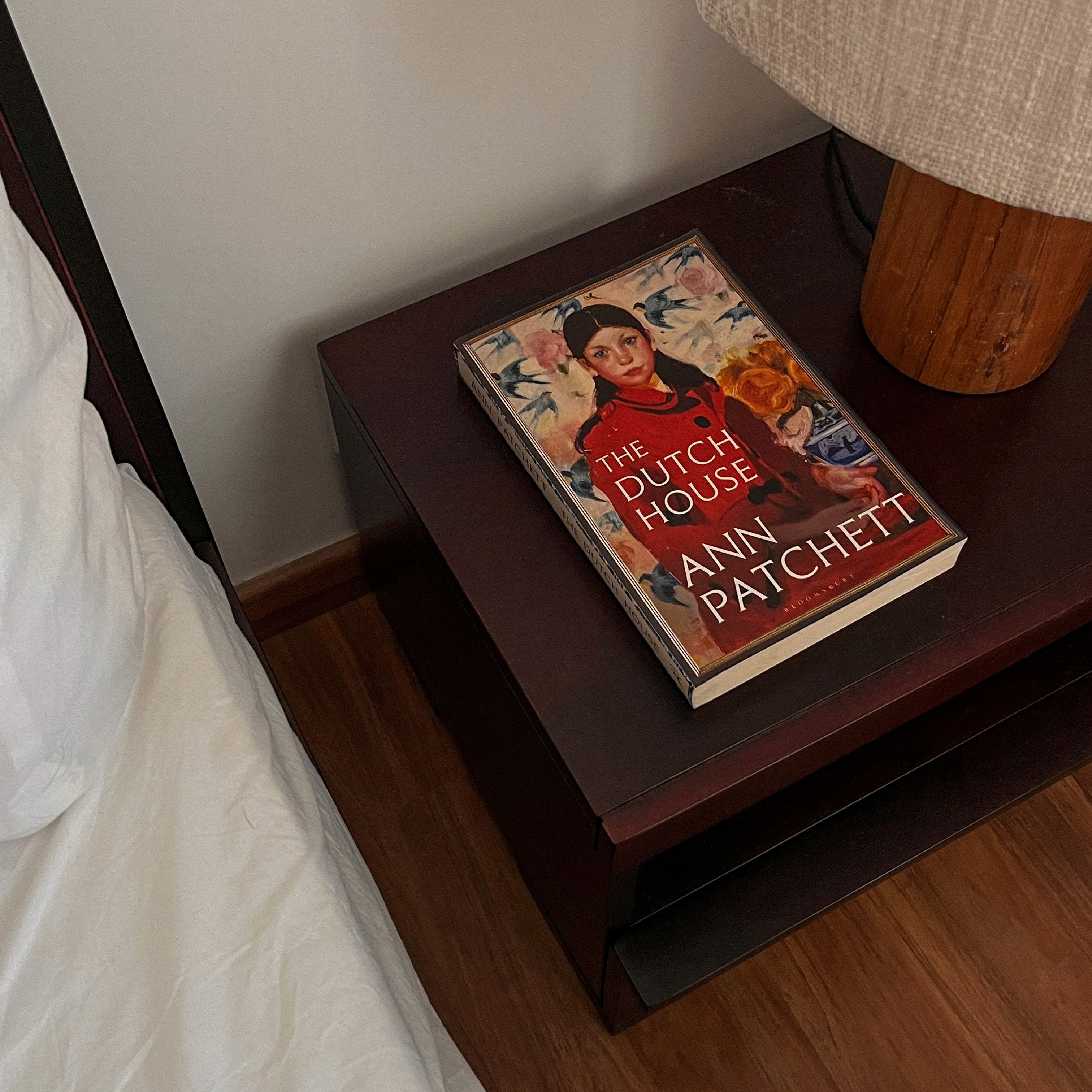28: It's a long one
October 7, 2023
Content

My rabbitholing has been sporadic over the past few months, which is why it’s been pretty quiet on the other side of this digital garden. But after giving my brain a break, I’ve discovered that a. breaks are good, and b. I’d like to go back to independent research again with a vengeance. As is my nature, I have upwards of five potential rabbitholes waiting in the wings at any given time, and so it’s challenging and mildly FOMO-inducing to figure out which one gets to take the stage and consume my life for the next few weeks. But I think I’ve managed to whittle it down to one question and one broad area that I suspect will feed into each other very nicely after a few weeks of work.
The question: How does collaborative knowledge-building reflect and influence digital culture, history-making and archiving?
“I think I’ve managed to whittle it down to one question…” Jokes. This question has a few tangential questions I can already identify, like:
How do the design and mechanics of digital platforms shape the processes and outcomes of collaborative knowledge production?
What are the many ways in which people employ platforms like are.na, including as a tool for personal and collective digital memory?
How does a lack of an explicit social hierarchy (think likes, comments and followers) on collaborative knowledge platforms like Wikipedia and are.na influence the dynamics of knowledge-building?
The broader area I mentioned is play. This also branches off into a whole bunch of delicious sub-topics like:
how play manifests in software (think desktop pets)
the prerequisites for play (like freedom)
digital gardens and side projects, in general, as safe playspaces for adults
I know my jumping-off point will be Lifelong Kindergarten by Mitchel Resnick because I was intrigued by the core message: "at a time when kindergarten is becoming like the rest of school, the rest of school (even the rest of life) should be more like kindergarten".
In other news, I’m four conversations into my Curiosity Hour experiment and so far it’s been going swimmingly. We’ve talked about using the one-way and two-way door framework to reduce decision anxiety, discovering that people around the world are same-same but different (in London a man sits with his croissant and coffee in a café, in India a man sits with his vada and kaapi in a darshini), and how being a generalist means traditional growth frameworks fit you as comfortably as a square peg fits a round hole.
This week, Vishwanath and I realised that the Design Sprint is a clarity-making process that extrapolates so beautifully into a marketing and sales strategy context. We’ve had a handful of questions and “what if?”s stuck in our head for many weeks now, but hadn’t made much progress because the more ambiguous something is, the more likely it’s going to be replaced by a clearer, more urgent ask unless we specifically made time for it. Which we did — and it was only after two days that we realised we almost instinctively followed the Sprint format to do it. We had such clear and tangible results after each day because we compressed a month of half-work into a few days of fully focused work. It felt so good. I want to dive deep into why it worked, maybe in a separate essay since this is already running 3 miles long.
Hmm what else. I bought a couple more books at Blossom: The Forty Rules of Love by Elif Shafak and Writers and Lovers by Lily King. I find that my after-work visits to Blossom almost always coincide with periods of overwhelm and muddy thoughts. Something about that place grounds me (probably the million books in there). I also love that the staff focuses on doing their own thing but always help out when you ask, so I don’t have to find myself having to explain to anyone why I’ve been staring at row three of the fantasy column for the last 15 minutes (probably looking for Discworld novels).
What you can read next…
"The greatest impediment to living is expectancy, which relies on tomorrow and wastes today."
